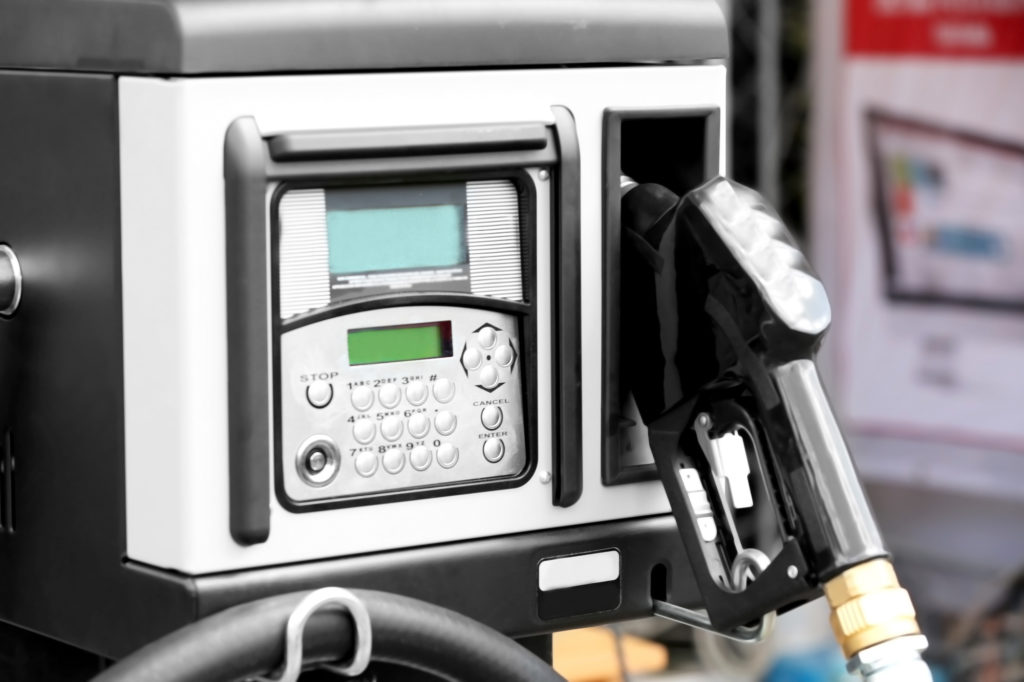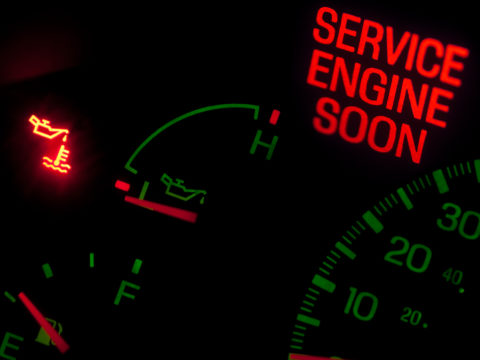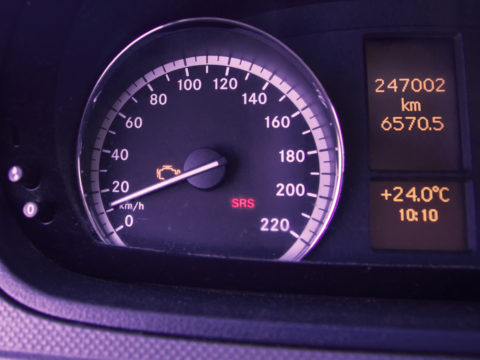Thinking of using an octane booster on your vehicle? Looking to improve your vehicle’s performance? If you’re looking to get more information about octane boosters then you’ve come to the right place. We’ll discuss just what octane boosters are, what they do, and what risks they might pose to your vehicle.

Contents
Can Running High Octane Gas Damage an Engine?
The short answer? It depends on your car. If your car was designed for low-octane fuel, then you should stick with that. Take a look at your vehicle’s owner’s manual, or search the model up online.
There should be specifications associated with your model which will tell you how much octane is ideal for it. People think that putting high-octane fuel in their cars will increase the vehicle’s performance, but it’s not as much of a miracle worker as you’d think. In fact, it’s more likely to make your engine lose power than make it run more efficiently.
If your car has a modern high-octane engine, you can choose to fill it with either regular or premium fuel. Although higher-octane gas is recommended for these cars, lower-octane gas won’t damage your car. The one thing you’ll need to keep an eye out for is lower performance issues. If your car is older than the 2000s, then this becomes a real issue.
The biggest problem you can come across when it comes to damaging your engine is knocking. Knocking, or pinging happens when the fuel in your engine’s cylinders ignite prematurely. In new and old cars, this is an issue that needs to be addressed as soon as possible. Although it’s a pretty easy fix, prolonged knocking can lead to engine damage if left unattended. In newer models, however, there should be a knock sensor that automatically adjusts to prevent engine damage.
What Is Octane Booster?
An octane booster increases the octane levels in your fuel. This helps improve your vehicle’s fuel compression. Basically, the higher the octane levels in your fuel, the more likely your fuel will ignite in the cylinder when it’s supposed to. And, higher octane levels mean that your fuel will be less prone to knocking.
Does Octane Booster Work?
Octane boosters use additives to improve your fuel’s compression, which can upgrade the efficiency of your engine. But don’t confuse this for improving the overall well-being of your car. The main purpose of octane boosters is to prevent knocking in your engine. If you’re looking to make your engine run smoother, then there’s probably an issue that you need to have looked at.
So do boosters work? Octane boosters are meant to be used to improve fuel compression, so as long as that’s what they’re being used for then they should work.

Do Octane Boosters Increase Horsepower?
There are many ways to increase the amount of horsepower under your hood, and octane boosters aren’t one of them. Unfortunately, improved fuel compression can’t make up for your engine’s current performance. If you’re looking to increase your vehicle’s horsepower, you’ll probably need to look into converting your engine or installing some software.
Can Octane Boosters Damage Spark Plugs?
If used improperly, yes. Most mishaps with boosters tend to gunk up your engine, which can keep your spark plugs from firing up. If you suspect that your spark plugs aren’t working properly, a quick inspection can tell you what the problem is. This in turn can point you towards what the main issue is in your engine. You should take your car in if you see a decrease in its performance as soon as possible. Doing so will decrease the odds of needing to replace your spark plugs.
Can Octane Boosters Cause Misfire?
In and of itself, high-octane fuel won’t cause a misfire. Misfires happen because there’s either an issue with ignition or issues with your system’s fuel delivery. So long as your fuel is fresh, and your vehicle hasn’t been sitting on the driveway for weeks, these are the things that are most likely to cause misfires. That being said, if your booster has gunked up your spark plugs, then this could be causing some misfires indirectly. But there is no direct way for octane boosters to cause a misfire.
Octane Booster Pros and Cons
Here are the pros and cons of using occasional boosters in your vehicle.
Pros
Octane boosters are made to help prevent knocking. If you’re using them to achieve this, then the booster should work as advertised. If your car’s engine is calibrated to work for high-octane fuel, it wouldn’t be terrible to use an octane booster when you fill up with low-grade at the pump. It won’t work wonders for your engine, but it can help you get by if you need to save money when you fill-up.
Cons
If you misuse an octane booster, you’re more likely to find some problems under the hood. The common misconception is that using octane boosters will improve your car’s overall performance. And it’s always likely that the additive you’re looking for is something else. Overall, octane boosters are pretty expensive for the little bit of improvement they make in your engine’s performance.
Is an Octane Booster Bad for Your Car?
This, again, really depends on your car and what your engine is built for. When you use octane boosters as intended–to improve fuel compression–you’ll be set to go. But do take into account the octane levels your engine is built to handle since you’re assumedly looking to help your car rather than hurt it.
You always want to ensure that you are using levels that your vehicle can operate with. When in doubt, it’s always a good idea to consult a mechanic or your car’s manufacturer to get insight on how to improve your car’s performance.














